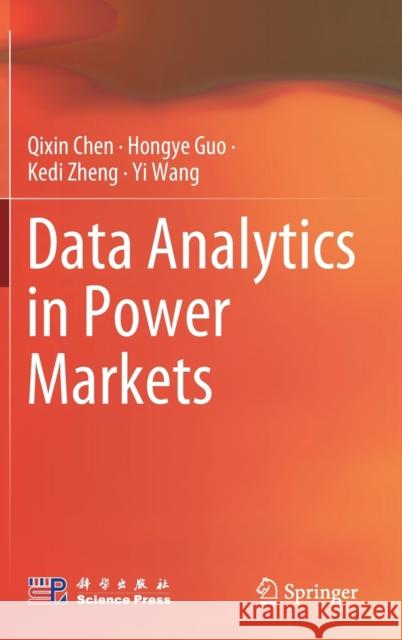Data Analytics in Power Markets » książka
topmenu
Data Analytics in Power Markets
ISBN-13: 9789811649745 / Angielski / Twarda / 2021 / 282 str.
Kategorie:
Kategorie BISAC:
Wydawca:
Springer
Język:
Angielski
ISBN-13:
9789811649745
Rok wydania:
2021
Wydanie:
2022
Ilość stron:
282
Waga:
0.60 kg
Wymiary:
23.39 x 15.6 x 1.91
Oprawa:
Twarda
Wolumenów:
01
Dodatkowe informacje:
Wydanie ilustrowane











